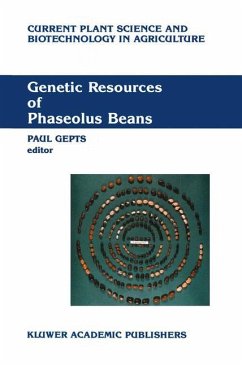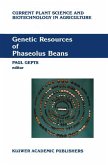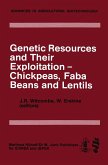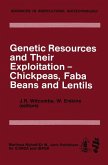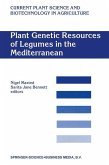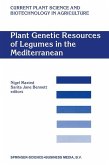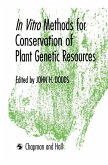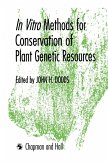The period following the second world war has witnessed an expanding commitment to incr~ased food production in tropical countries. Public and private initiatives at the national and international levels have led to the creation of programs geared specifically towards the improvement of food crops in tropical conditions. Examples of this increased commitment are the network of international agricultural research centers and numerous bilateral aid projects. As a consequence, crop improvement has become a truly worldwide endeavor, relying on an international network of institutions and collaborators. This holds also for Phaseolus beans. Following the discovery of the Americas, Phaseolus beans became distributed on all six continents. Yet, until not so long ago, most of the research on Phaseolus improvement took place in developed countries. In recognition of the nutritional importance of Phaseolus beans in developing countries, this has changed considerably in the last years, principally perhaps through the activities of the Centro Internacional de Agricultura Tropical (CIAT) and the International Board for Plant Genetic Resources (IBPGR). Consequently, the scope of the research on Phaseolus has broadened considerably and the number of Phaseolus researchers is larger than ever before.
Hinweis: Dieser Artikel kann nur an eine deutsche Lieferadresse ausgeliefert werden.
Hinweis: Dieser Artikel kann nur an eine deutsche Lieferadresse ausgeliefert werden.

